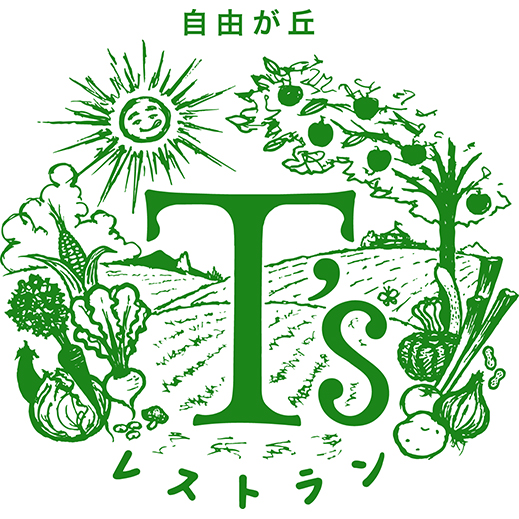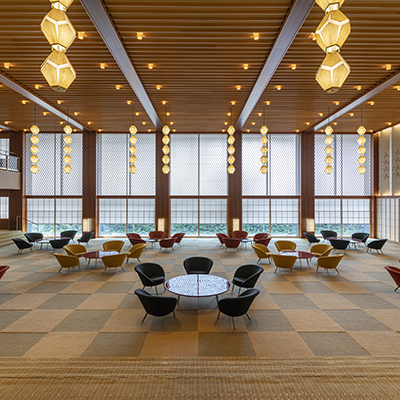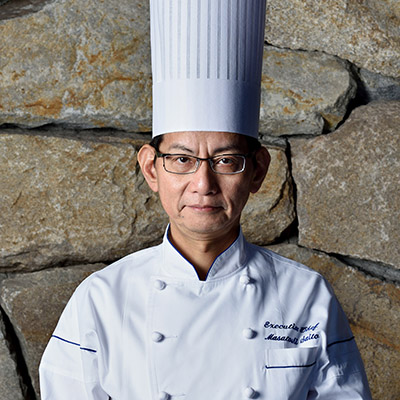September 19, 2025
Introducing Haiku by Everyday People #02
Haiku is not just the art of masters like Basho — it is also a vibrant expression of everyday life. In this second series, Hiromichi Yokoyama continues to share scenes from his castle hikes, where moments of nature and human presence quietly connect.Castle Hike (Haiku) Selection 4
四百年時を映せしお濠かな
An old moat in summer
Reflecting human history
Over four hundred years
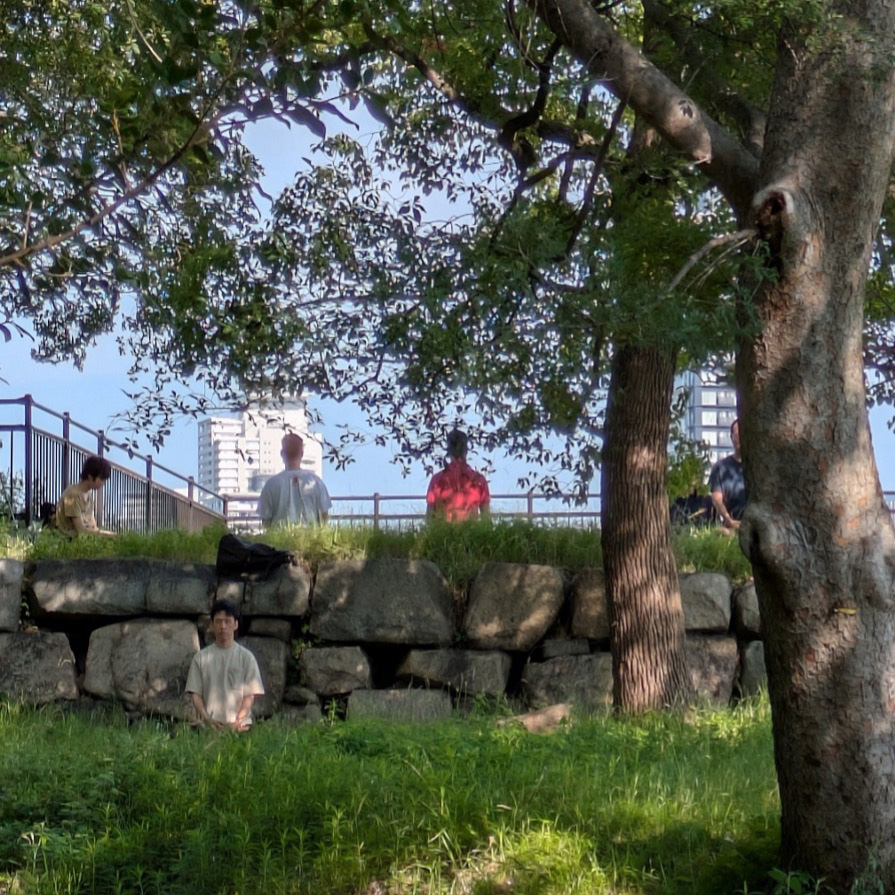
| 四百年 | 時を/映せし | お濠かな |
| Yonnhyaku-nenn | Tokiwo/Utsusesi | Ohori/kana |
| Four hundred years | History/Reflecing | Moat/It is |
Osaka Castle was constructed in 1615-17 by Shogun Tokugawa Ieyasu. Regretfully, today’s central tower is not the original one but a replica, as it was destroyed during the civil war in the late 19th century. On the other hand, the turret in the photo is the original one, designated as a national historical heritage site. The central tower is surrounded by an inner and an outer moat – the picture shows the latter.
The modern building behind the moat is the Hilton hotel. How many of the scenes has the moat been reflecting?
Castle Hike (Haiku) Selection 5
戻り梅 雨らしき雲間に お日様ふわり
Return of rainy season?
Sun floats behind the cloud
Humid
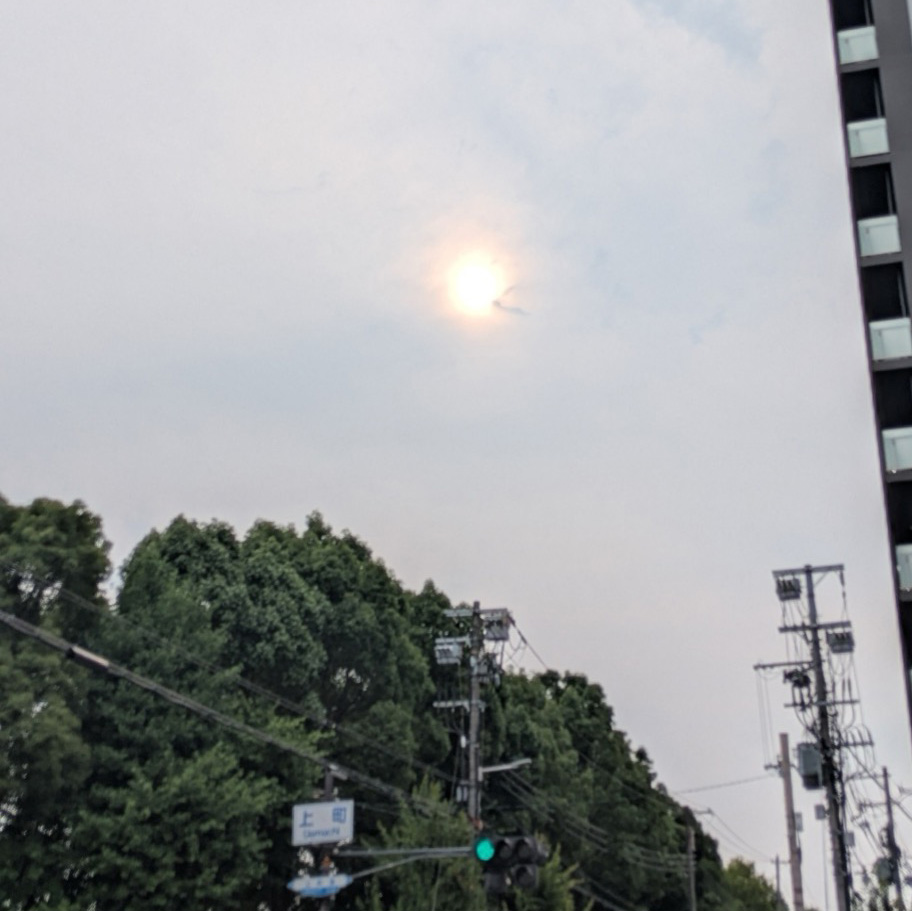
| 戻り/梅雨 | らしき/雲間/に | お日様/ふわり |
| Modori/Tsuyu | Rashiki/Kumo-ma/Ni | Ohisama/Fuwari |
| Return/Rainy season | Seems/Cloud-between/At | Sunshine/Floats |
Rainy season: Usually, it starts from mid to late June and lasts until early to mid-July – approximately one month. Every day, it rains or is cloudy, and it is also very humid. The temperature gradually rises as summer approaches. This is the most inconvenient season of the year in Japan.
Castle Hike (Haiku) Selection 6
七夕の城は短冊に飾られつ
On Tanabata festival day
Castle tower is dressing-up
With Tanzaku-strips
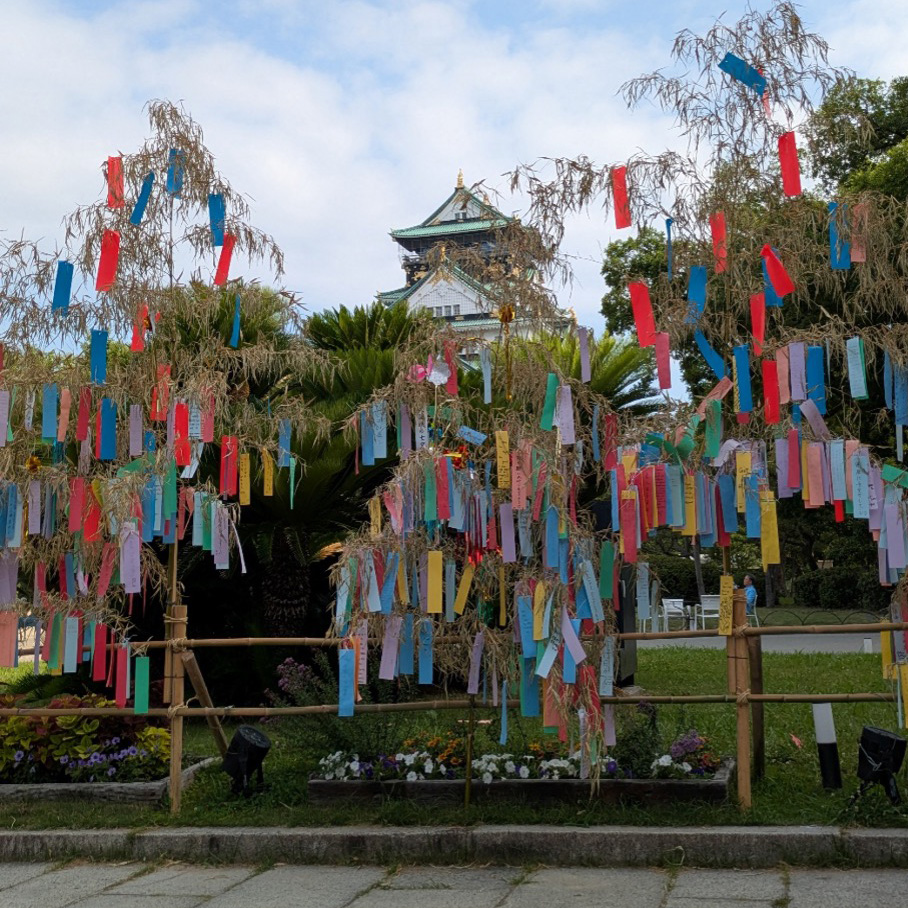
| 七夕/の | 城/は/短冊/に | 飾られ/つ |
| Tanabata/No | Shiro/Wa/Tannzaku/Ni | Kazarare/Tsu |
| Tanabata-day/Of | Castle/Is/Tanzaku-strips/By | Dress-up/Did |
Tanabata Festival Day: Every July 7th. As one of Japan's fairy tales, a young girl named Orihime and her boyfriend Hikoboshi enjoy romantic days throughout the year without worrying about daily chores. Seeing them, the Emperor of Heaven became upset. He separated them to opposite shores of the Milky Way, allowing them to meet only once a year, on July 7th—only to look at each other from opposite shores. According to the story, children write down their hope or dream on a Tanzaku strip (colorful paper) and hang it on a willow tree to make their wish come true.



